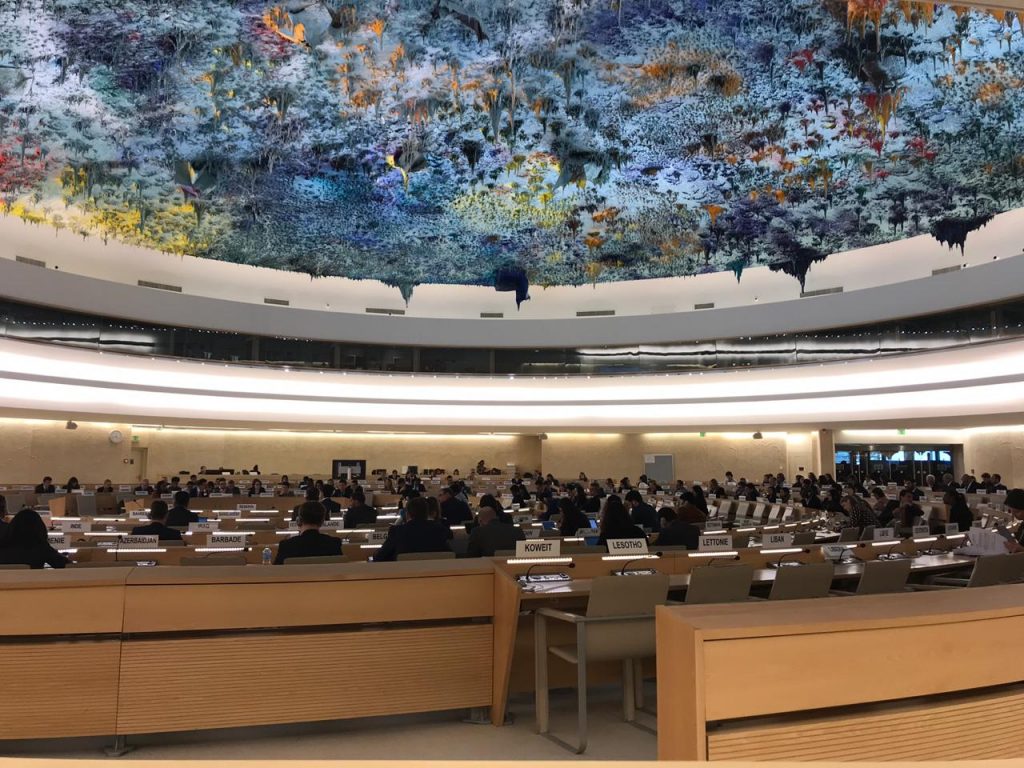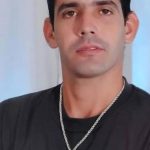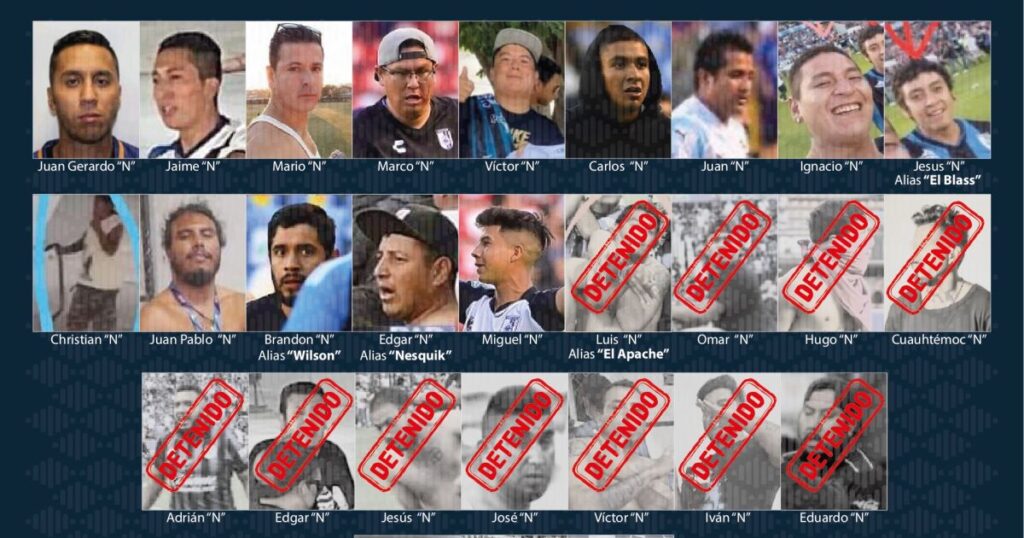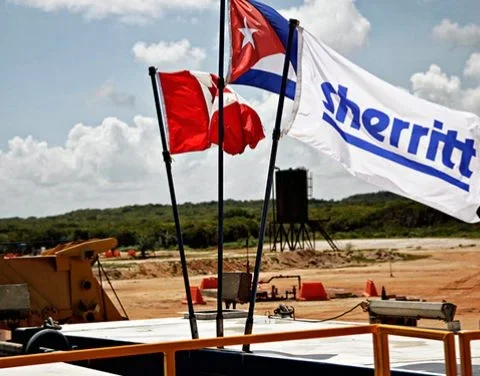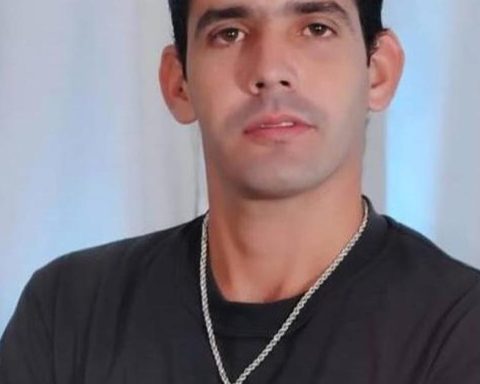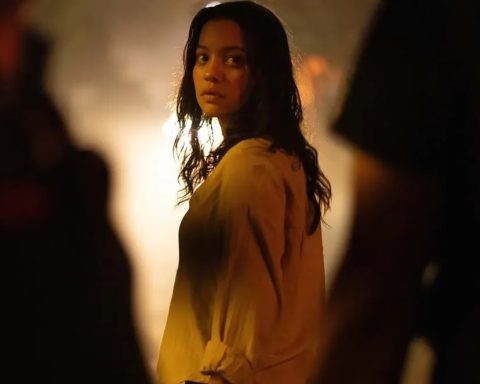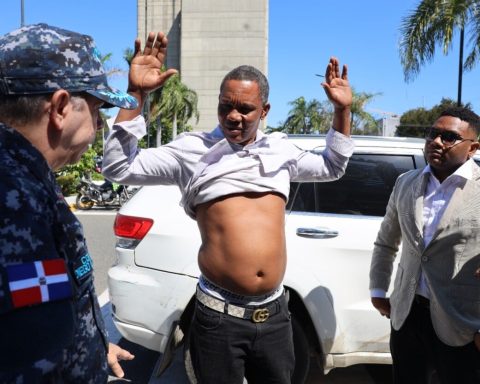The creation of an independent investigation mechanism to document human rights violations in Nicaragua is one of the “highest levels of scrutiny” that the UN Human Rights Council would apply to the regime of Daniel Ortega and Rosario Murillo, according to Juan Pappier, lawyer and researcher for the Americas Division of Human Rights Watch (HRW).
In an interview with the program Tonight, the expert was confident —as well as cautious— about the approval of this mechanism for Nicaragua. “It’s not going to be easy and we’re going to be fair with the votes, but we’re optimistic that we’re going to get it passed,” he said.
The United Nations Human Rights Council debates proposals on the creation of said mechanism, after receiving a Report of the UN High Commissioner for Human Rights. H.H., Michelle Bacheletwhere he denounced that human rights continue to be violated in Nicaragua and called for “additional measures to strengthen the accountability” of the Nicaraguan State.
Pappier explained that the approval of the mechanism will be given in a vote at the current session of the Council, which will take place in the coming weeks, where the support of a majority of the 47 members that comprise it will have to be obtained.
“We have the support of several Latin American countries, the support, I would say unanimous, of European countries,” said the HRW researcher.
What were the most relevant aspects of High Commissioner Bachelet’s report to the Council?
The report on Nicaragua is truly lapidary. Shows that impunity in Nicaragua is total, that dissent has been persecuted and suppressed to prevent free and fair elections in November last year; and describes in great detail the human rights violations that have been committed against political prisoners. In short, it shows a panorama of an oppressive government. That is why the high commissioner makes a very important call and asks the UN Human Rights Council to increase or strengthen measures so that there is justice in Nicaragua; that, in other words, is to ask for an independent investigation mechanism, which will no longer be part of the Office of the High Commissioner, but will be a group of independent experts, dedicated solely to documenting the human rights violations of the regime by Daniel Ortega.
What is the objective of this UN international follow-up mechanism for Nicaragua and how will it work?
This mechanism has to be approved by the Council and the votes are going to be difficult, but we are still optimistic and believe that it can be approved. It is an independent mechanism that normally works for a period of one year, and it is one of the highest levels of scrutiny that the UN Human Rights Council carries out for situations of human rights violations. This type of mechanism has existed for Eritrea, Ethiopia, Belarus, Syria, Venezuela and North Korea; These are the type of situations of such gravity in which this type of mechanism is invoked.
You mention that you are optimistic about the approval of the resolution, why?
It will not be easy and we will be fair with the votes, but we are optimistic that we will get it approved. We have the support of several Latin American countries, the support, I would say unanimous, of the European countries. The big question mark is Mexico: what is Marcelo Ebrad’s Foreign Ministry going to do? He is going to vote like Cuba or Venezuela, or he is going to side with the democratic countries of the European Union, which understand that international scrutiny is needed on Nicaragua. That is the big question and Mexico must have a clear decision, consistent with its constitutional and international obligations to promote human rights at the international and regional level; that is, a clear vote in favor of this resolution on Nicaragua to create this international expert mechanism.
When will this proposal be voted on and who would appoint it if it passes?
That proposal has to be voted on at the current session of the Council, which lasts for the next few weeks. The proposals and the exact content of the resolution are still being discussed. The proposal (is that it have) three experts appointed by the president of the Human Rights Council, the Argentine ambassador Federico Villegas, who has had a good record of denouncing human rights violations. He would start in office as soon as the resolution is approved.
The high commissioner also spoke about a national dialogue, as offered by Daniel Ortega in 2021, and said that her office is ready to accompany this process. Is it feasible or possible to think about that possibility of dialogue?
The Government of Daniel Ortega has not given a serious, credible or genuine signal that it is willing to open a dialogue, rather what we see is the opposite. The imprisoned opponents, the cases of torture and mistreatment, and an aggressive and hostile relationship with any sector and organization that wants to scrutinize the human rights situation in Nicaragua, be it the OAS, the High Commissioner, the Inter-American Commission, the Committee on Civil and Political Rights; In any case, the cooperation of the Government of Daniel Ortega has been zero. Recently, they have also removed the ambassador (Orlando José) Tardencilla and I think that Daniel Ortega is shooting himself in the foot with that decision, because the ambassador Tardencilla had shown a willingness to be more open here in Geneva; at least, in private conversations, he had shown a willingness to talk despite having different positions. With this decision to remove him, he shows that it is impossible to achieve a dialogue, a productive communication with his government. For the embassies in Geneva, this is a demonstration that the only option is to increase pressure and scrutiny and, therefore, create an investigative mechanism to document human rights violations in the country.
During her speech, the representative of the regime insisted that the report was an attack. How do you assess that response within this context that you describe?
What the Foreign Ministry of Daniel Ortega’s regime has done in Geneva has no presentation, it is truly unfortunate. One fact: in two different debates they have presented the same intervention, the same video. That does not exist in diplomacy, no country in the world does that, any country presents a different video, with a different intervention, dedicated exclusively to what is going to be discussed. Here it has been handled in an unserious, unprofessional way, with some crazy arguments. In the eyes of the international community, they show that it is very difficult to talk with this government.
The apostolic nuncio in Managua, Waldemar Stanislaw Sommertag, was expelled from the country by the government. How is this break interpreted?
That is a sign that you cannot talk with this government here, that the only thing that the government of Daniel Ortega understands is international pressure. That’s clear. If they don’t even allow the nuncio, who was advocating for the political prisoners, to be in the country, it seems to me that the message (for) the international community is that here the only language that Daniel Ortega understands is firm language, clear, international pressure and international denunciation.
How does the human rights crisis in Nicaragua stand in the current world context, in which new crises arise, such as the invasion of Ukraine?
The invasion of Ukraine, of course, has grabbed everyone’s attention. It is the worst refugee crisis in Europe since the second world war. It is a situation that puts in crisis the fundamental principles of the United Nations Charter and the Rome Statute. In this context, some dictators and autocrats — pretending to be dictators — are under the illusion that because the world is watching Ukraine, they can get away with it. I think they are very wrong, the attention on Nicaragua will continue.
